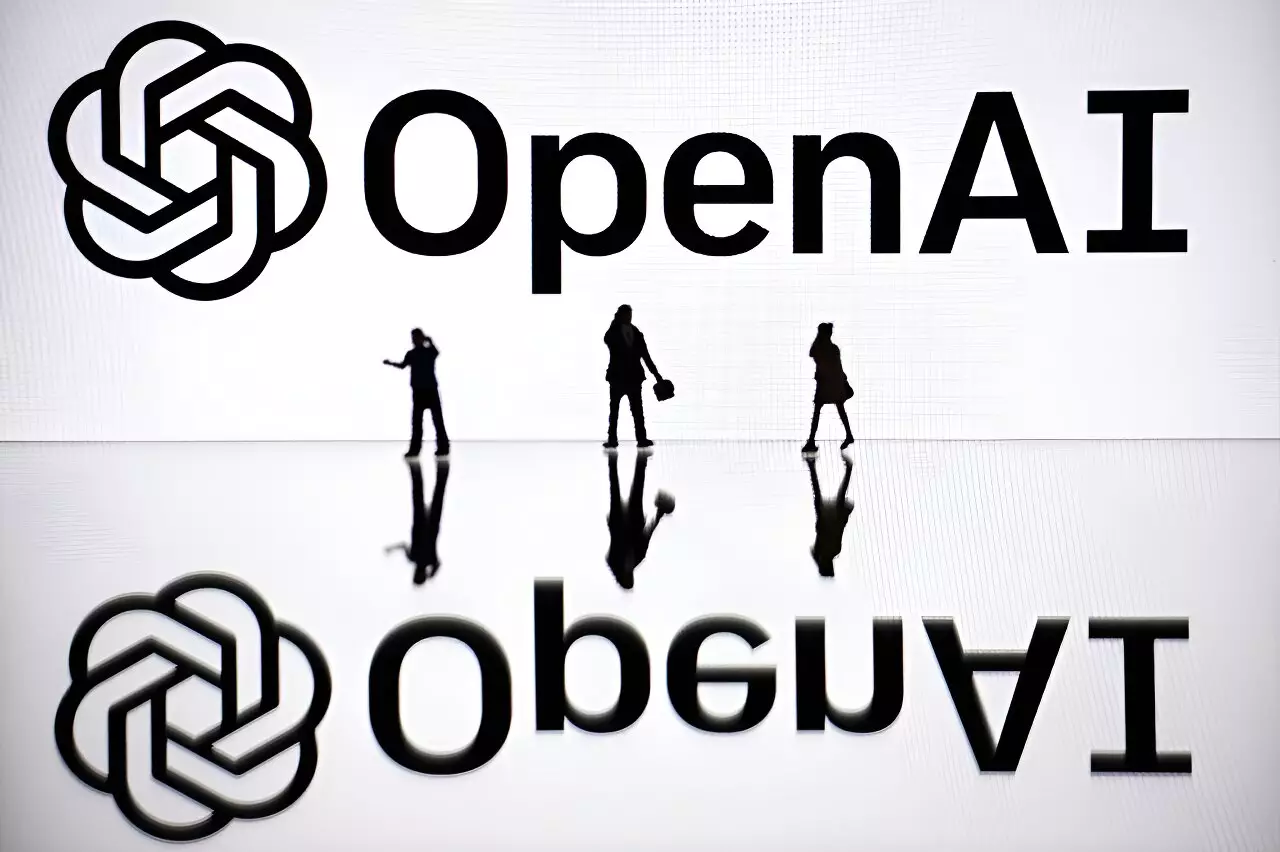OpenAI’s recent unveiling of their voice-cloning tool, known as “Voice Engine,” has sparked concerns over the potential misuse of such technology. With the ability to replicate someone’s speech based on a mere 15-second audio sample, there is a fear that malicious actors may use this tool to deceive and manipulate listeners. Particularly in an election year, the risks of generating synthetic voices that closely resemble real individuals are at the forefront of discussions among experts and researchers.
The proliferation of voice cloning tools has raised red flags among disinformation researchers, who warn of the dangers of AI-powered applications being abused for malicious purposes. The ease of use, cost-effectiveness, and difficulty in tracing the origins of audio generated by such tools make them a potent weapon in the hands of those looking to spread false information. As the 2024 White House race approaches, the worry of an onslaught of AI-powered deepfake disinformation campaigns looms large.
In response to these concerns, OpenAI has taken a cautious stance on the broader release of Voice Engine. The company acknowledges the potential for misuse of synthetic voices and the grave implications it could have, especially in critical moments such as elections. By engaging with a diverse group of partners from various sectors, OpenAI aims to gather feedback and input to ensure that safeguards are in place before a wider release of the tool.
OpenAI has outlined a set of safety measures to address the risks associated with voice cloning. Partners testing Voice Engine must abide by rules that include obtaining explicit consent from individuals whose voices are duplicated and clearly indicating to the audience when AI-generated voices are being used. Additionally, the implementation of watermarking enables the tracing of the origin of any audio produced by Voice Engine, while proactive monitoring is in place to track its usage and detect potential misuse.
Overall, while the advancements in AI technology bring about incredible possibilities, they also come with significant ethical and security challenges. As OpenAI navigates the complex landscape of voice cloning technology, it is essential for all stakeholders to remain vigilant and proactive in mitigating the risks associated with its misuse. The dialogue surrounding the responsible development and deployment of AI tools like Voice Engine is crucial in ensuring that technology serves as a force for good rather than a tool for deception and harm.


Leave a Reply